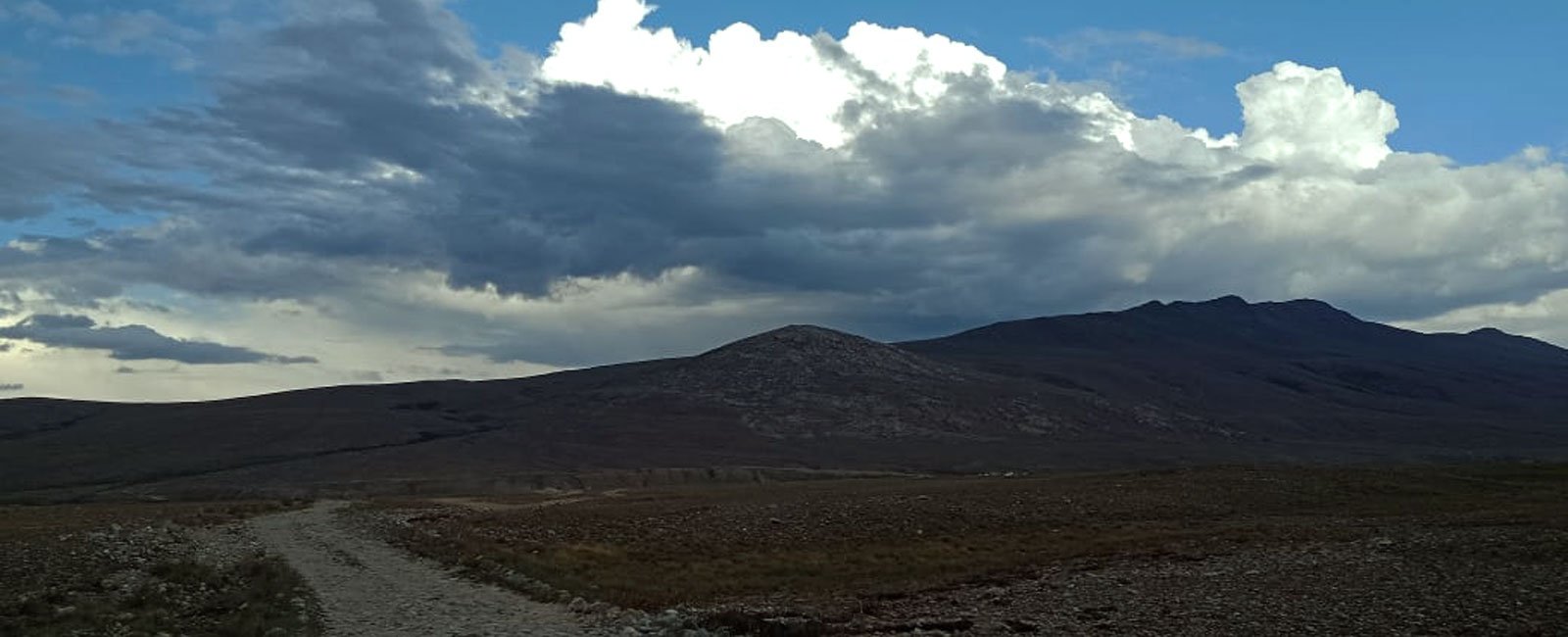Deosai National Park, a place of serenity to destress at from daily life
Their entire lives, some people do not pause to think the world — in fact, even Pakistan itself — is very beautiful

اپنے حصارِ زات میں گم ہو کے رہ گئی
کرنا تھا جس نظر کو سفر کائنات کا
[Eyes that were to travel to see the world ended up being lost in the limits of their person]
Pakistan's dire economic situation that has made buying flour, sugar, and lentils a gamble for an average citizen has also turned them away from scouting the country's beautiful tourist destinations, going sightseeing or conquering the heights of the northern regions — or let's say that give up everything to go out to see the world created by the Almighty.
Of course, tourism is pleasing to the soul but for a common person, it has become economically and financially challenging just to get food on the table every day, especially when the price of sugar has touched Rs100 a kilo, potatoes have become a joke in terms of affordability, and even the worthless of items significantly dent the pocket.
Pakistan has lakes, waterfalls, zigzagging musical rivers, and 19 of the 30 highest mountain peaks of the world — maybe not to climb but just admire, ready to welcome anyone in their coolness as a respite from the hot and humid climate.
From Swat Valley to Naran and Kagan, from Babusar Top to Astor, Skardu, and Hunza, and from Gilgit-Baltistan to Chitral, magnificent sites await people of Pakistan.
One such place is the Deosai National Park located in the western massif of the Himalayas, east of Nanga Parbat Peak. The word Deosai, according to reports, is a combination of two words ‘Deo’ (giant) and ‘Sai’ (shadow).
The plateau, with an altitude of 3500 to 5200 m, is part of the Conservation International Himalayan Biodiversity Hotspot.
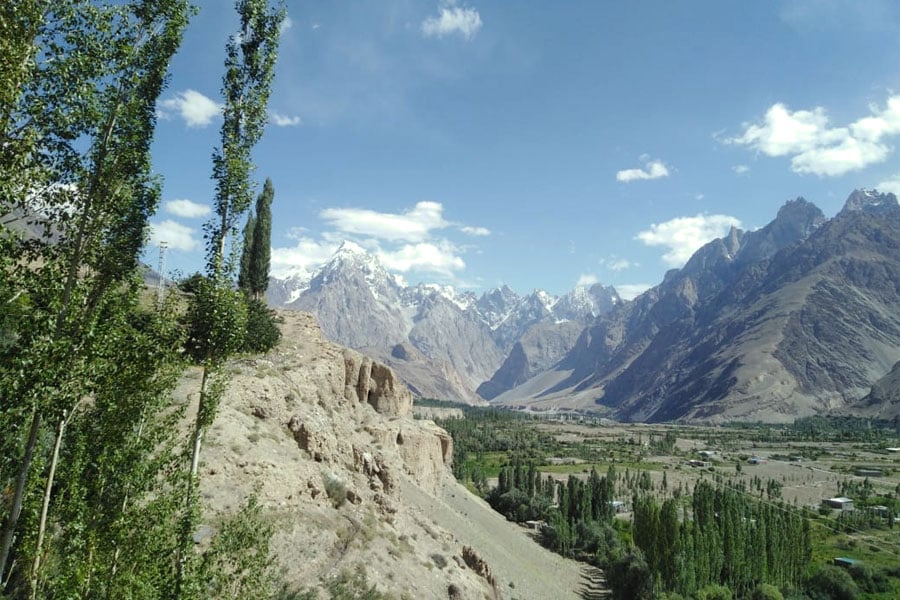
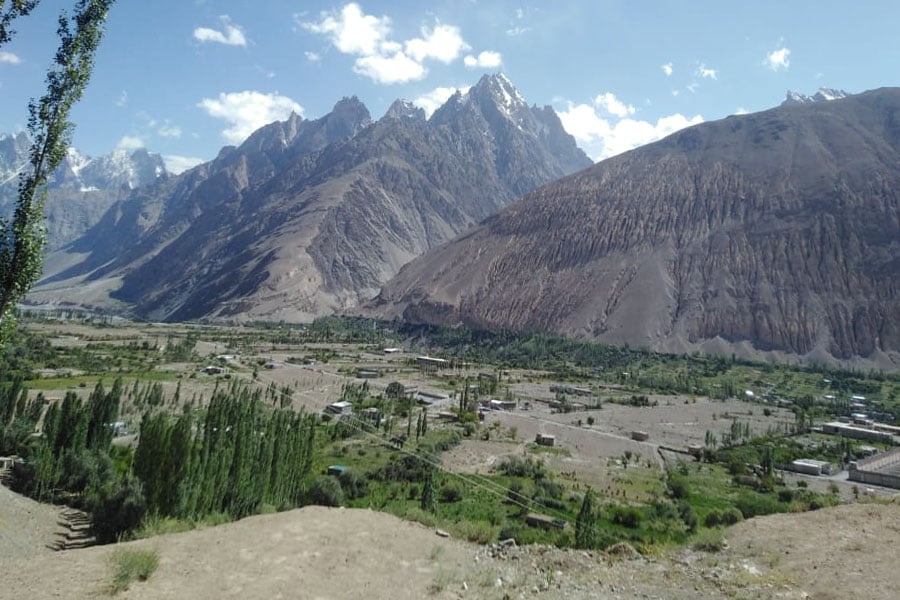
The park is recognised as an internationally important site for the protection and conservation of the Himalayan Brown Bear — a critically-endangered species.
The place also boasts a rich variety of species, including a population of Tibetan wolf, Himalayan ibex, Tibetan red fox, and Golden marmots.
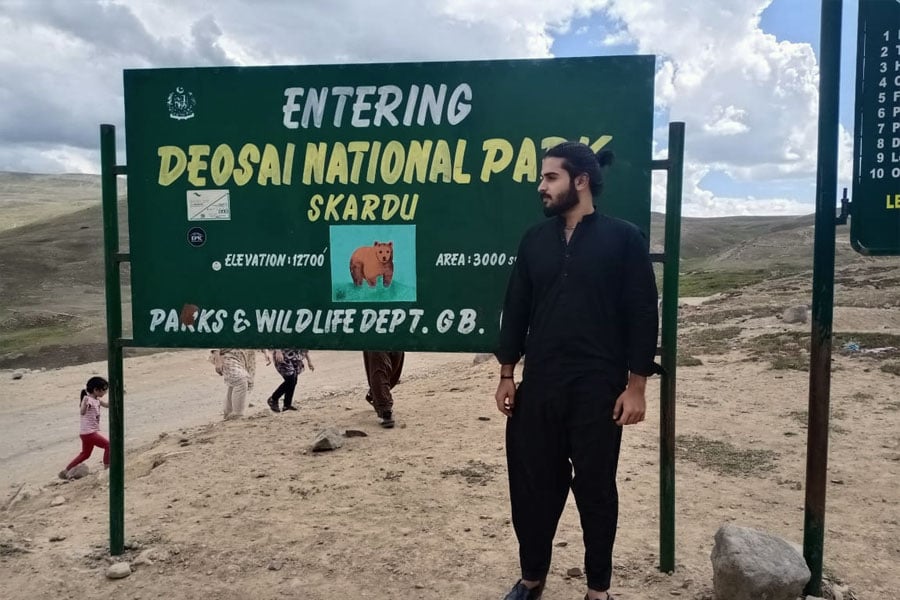
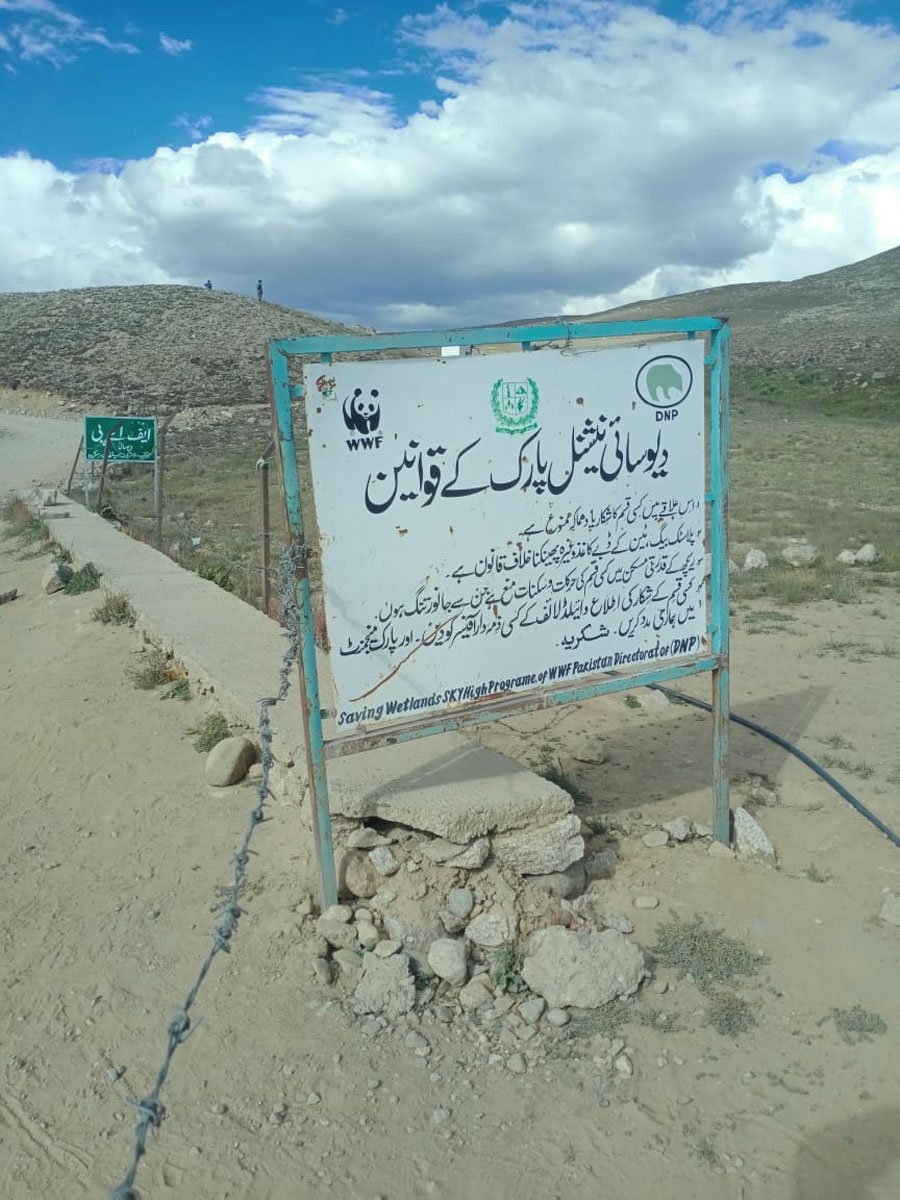
According to the United Nations Educational, Scientific and Cultural Organization (UNESCO), the Deosai plateau hosts the only stable population in the region and is important for its continued survival.
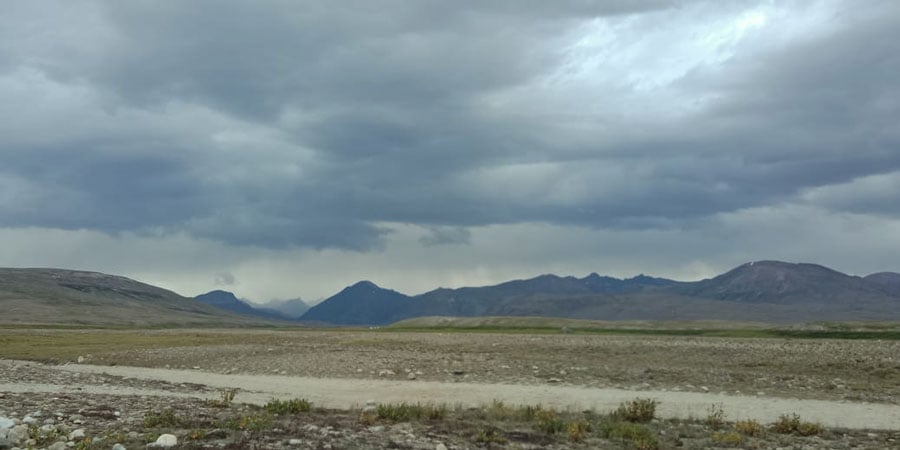
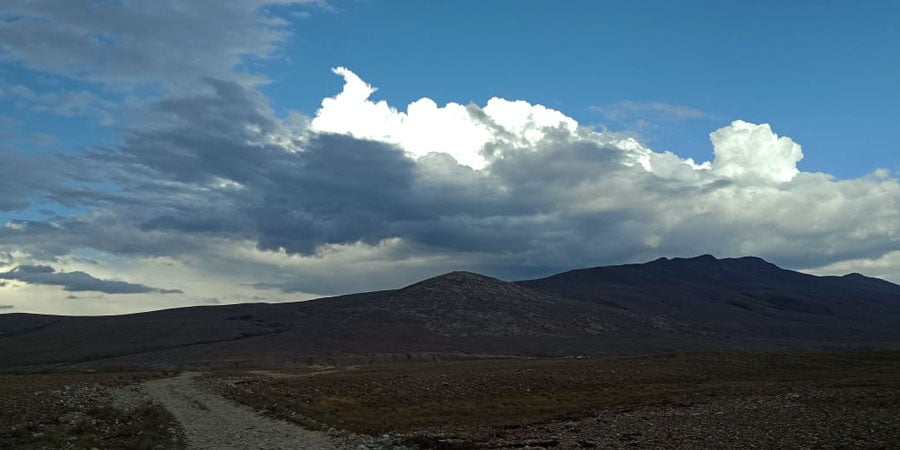
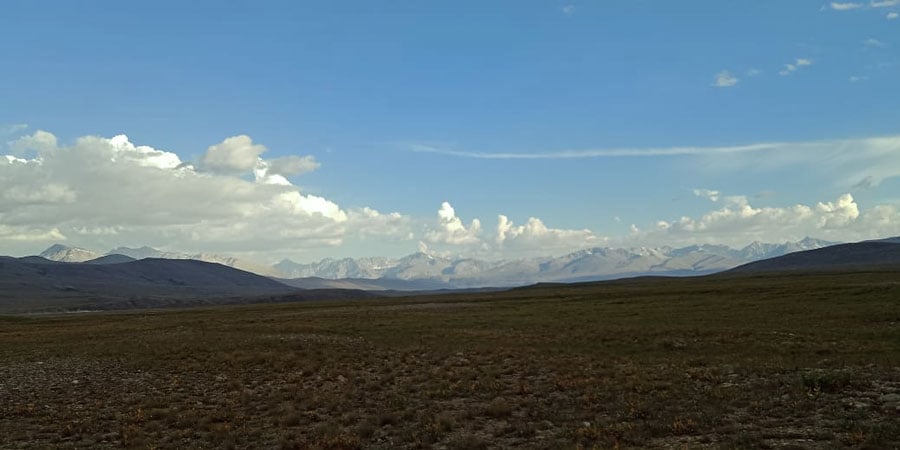
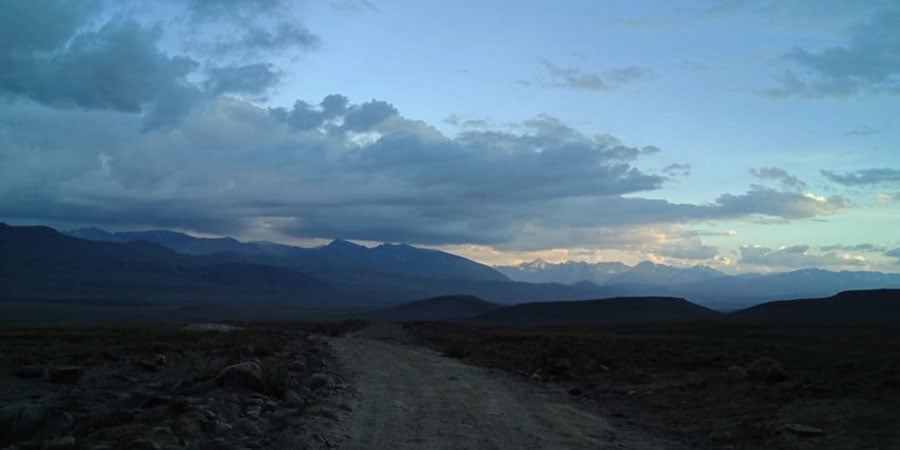
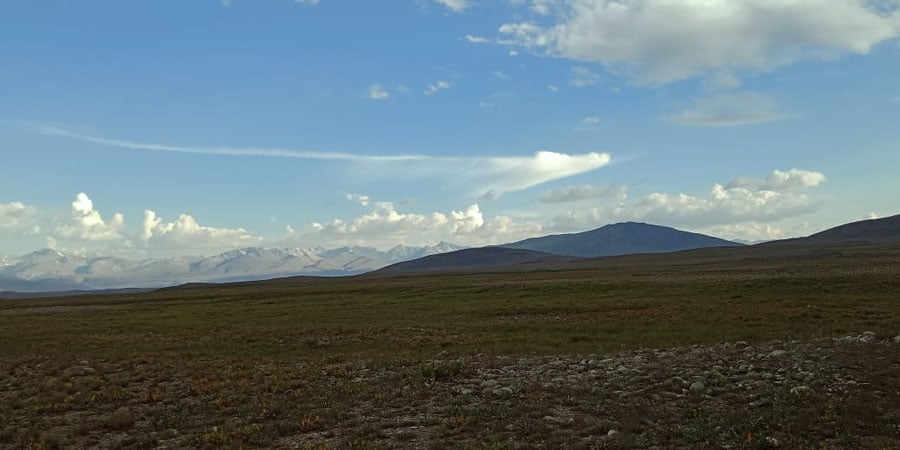
Pakistan currently has about 30 national parks that are supposed to be protected and preserved by law. But most are "paper parks" — areas classified as national parks but with little or no management — according to Malik Amin Aslam, climate change adviser to Prime Minister Imran Khan.
Apart from Deosai National Park, another one is the Khunjerab National Park, Pakistan's oldest and largest national park and that many of the country's environmental experts see as a model of successful community-led management.
Read more: Pakistan's national parks aided by 'indigenous knowledge' but need laws
Pakistan, in an effort to generate jobs amid the COVID-19 pandemic while boosting conservation and curbing the impacts of climate change, announced last month the creation of its first National Parks Service, modelled in line with the US agency.
So, maybe take this as an omen, a sign from the nature: Tend to your business the entire year but spare a few days to see your own beautiful Pakistan!



